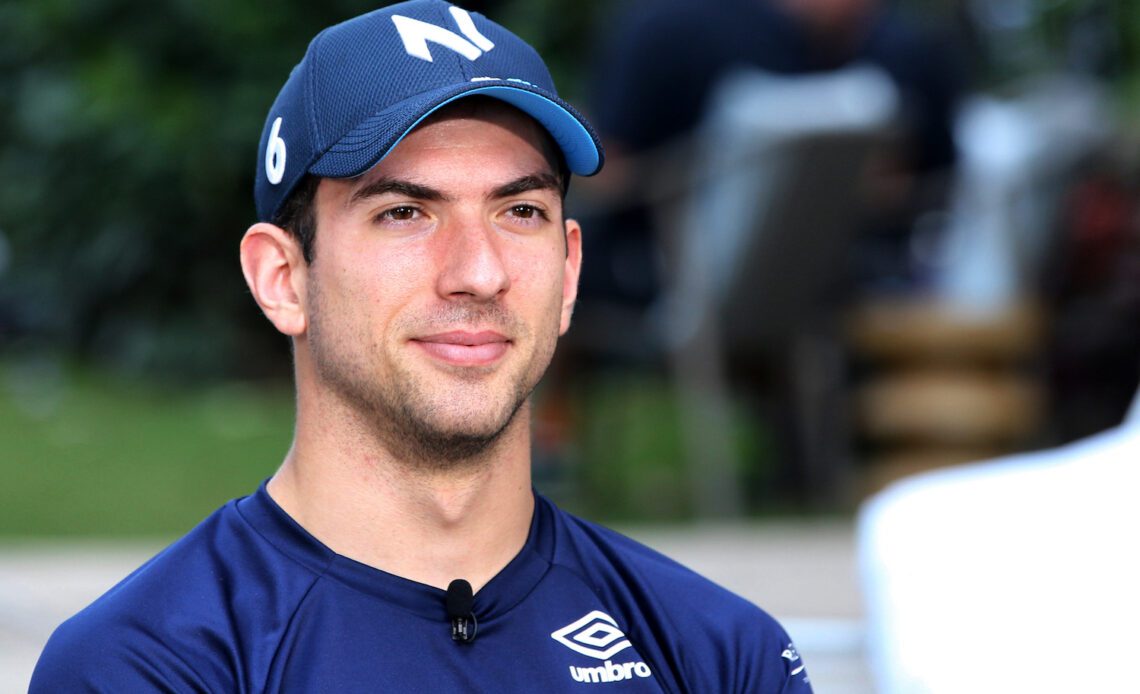In an exclusive interview for Paddock Magazine, Nicholas Latifi spoke about the beginning of his racing career, his F1 years, the training an F1 driver needs and much more.
Click here to subscribe to our print edition!
Hungaroring has been quite a great place for you recently and you won here in F2. What’s your opinion about the track and the Hungarian race weekend in general?
Firstly, Budapest is an amazing city. It’s one of the nicer events on the calendar. The track is close to the city centre, and you feel the racing atmosphere all around. The track itself is one of the most technically demanding circuits on the calendar. I’ve driven here every year except once since 2012 till now. To be honest, it was a track I’ve struggled at quite a bit earlier on in my career. As a result, I’ve never really enjoyed it so much. It hasn’t been my favourite track on the calendar, but for sure not the least favourite. In recent years, in F1 and even towards the end of my Formula 2 career, it was a stronger track for me. My likeness has improved quite slowly for the track, let’s say. It’s challenging. If you make a mistake in one corner, you mess up the next sequence of corners.
Racing was definitely not on the radar before the age of 13.
Nicholas Latifi
Driver, Williams Racing
How difficult was it to cope with the fact that you’re not able to fight for victories and podiums in F1?
When I signed up to be a Formula 1 driver and entered F1, I learned that it’s not always about the driver. When I signed for Williams, it was a team in tenth place, and they were much further than we are off now. It was a change of mindset and expectation that I had to adopt. At the same time, it hasn’t changed the motivation. The only thing that has changed is the expectation going into the weekend, because an amazing qualifying, like a Q2, Q3 or collecting some points in the race feels like a victory for us. It changes the overall outlook, but it’s part of Formula 1 and an F1 driver needs not only to perform on the track but to help the team develop off track. Obviously, the team is in a rebuilding phase and my target is to get the team back to more competitive ways.
You’re over fifty races in F1. What did the sport give you?
Well, a lot of life skills! There is a lot of life you miss out on pursuing that life, like…
Click Here to Read the Full Original Article at Paddock Magazine…

